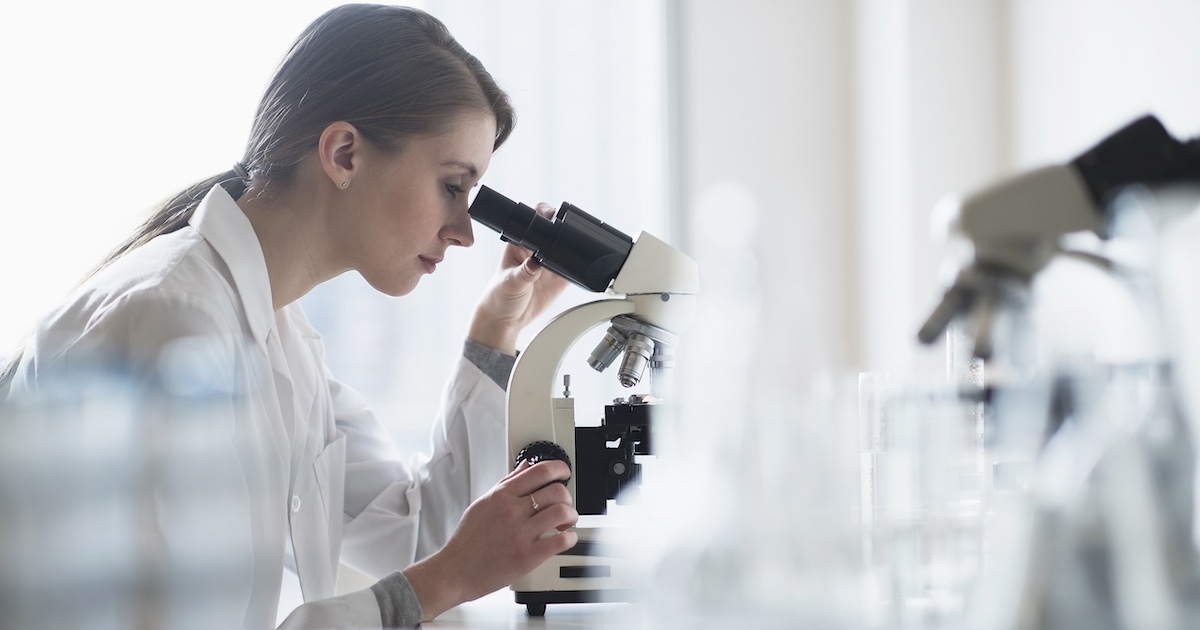
Companies who agreed to join the CMS Aligned Network under the newly launched CMS Interoperability Framework are commending the initiative as long overdue.
"The requirements to participate in a CMS Aligned Network move our country forward faster than anything I have ever seen as it pertains to patients accessing their medical records," Kristen Valdes, CEO of b.well Connected Health, told MobiHealthNews.
Valdes said in today's exchange the vast majority of the country does not respond to requests for patients accessing their data and that the CMS Aligned Network "leapfrogs from a technology perspective."
"The requirements that we must share a participation that allows people to use modernized identity like biometrics facial identity, to be able to access and find their data across the country and pull that data in without having to remember a portal or password."
Valdes asserted that the proposed framework is something that the industry has been talking about for a long time and that now is the right time to make it much simpler for people to access their data.
b.well joins the more than 60 companies, including industry giants Amazon, Apple, Google, OpenAI, Oura and Hippocratic AI, that have committed to work together to adhere to the CMS Interoperability Framework criteria.
"I’m encouraged to see the administration take a bold step toward solving one of healthcare’s most critical challenges: giving patients seamless access to all of their medical records, whenever they need them," Munjal Shah, cofounder and CEO of Hippocratic AI, told MobiHealthNews.
Shah noted that when done correctly and with full patient consent, data interoperability has the power to improve health outcomes substantially.
"This kind of transparency empowers individuals to make more informed decisions, improves continuity of care and reduces unnecessary delays," Shah said. "It’s inspiring to see so many organizations rally behind this essential goal."
In a LinkedIn post, Dr. Ricky Bloomfield, Oura's chief medical officer, said that the company signed two pledges: "one to develop AI assistants that can help members better navigate getting the care they need, and the other to connect patients with better resources that can help to manage diabetes and obesity."
Bloomfield said that at the center of the effort is a commitment to privacy and that for any data sharing, it is important to adopt transparent opt-in and opt-out controls and implement strong data protection.
"The pledges we signed today emphasize patient consent and fit with our privacy-first approach," Bloomfield said.
CMS stated that some companies have committed to using tools to secure digital identity credentials and obtain medical records from CMS Aligned Networks, contingent upon meeting the CMS data sharing criteria.
The apps aim to deliver vital services to beneficiaries, including diabetes and obesity management, and utilize conversational AI assistants to help patients check symptoms and schedule appointments. Additionally, they will feature tools to "Kill the Clipboard," replacing paper intake forms with digital check-ins.
The deadline for delivering results, according to CMS, is 2026.
THE LARGER TREND
Earlier this month, Trinity Capital committed $20 million in growth capital to b.well Connected Health. b.well is using the capital to scale operations and accelerate growth across key markets.
Last month, Amy Gleason, strategic advisor to the U.S. Department of Health and Human Services and the Centers for Medicare and Medicaid Services and acting administrator of the U.S. Department of Government Efficiency, said CMS is embracing a strategy that will allow patients to scan a QR code at the doctor's office and share their medical history.
"Imagine scanning a QR code at your doctor's office and instantly sharing your medical history. Imagine having an AI assistant that knows your care plan that helps you manage medications with confidence," Gleason said in a YouTube video from HHS.
She said the technology will put patients at the center of their care, building stronger relationships with providers by freeing them from administrative burden, who can then focus on healing rather than paperwork.
In 2023, b.well Connected Health announced it was integrating its offerings into the Samsung Health app to provide Galaxy smartphone users with a single platform to access their health data, receive health insights and recommendations, and connect with care providers virtually and in person.
Via the partnership, Samsung Health's users can access their clinical records and wearables, laboratory, pharmacy, and insurance data, including information from CMS and Veterans Affairs. Users are able to obtain a complete view of their health information and determine how it is shared and utilized.
The b.well platform also helps users connect to participating in-person, virtual and digital providers and remind patients of the need for preventative screening based on health data tracked via their device.
However, some industry insiders are concerned that allowing access to patient health records could compromise privacy.
In an interview with the Associated Press, Lawrence Gostin, a Georgetown University law professor who specializes in public health, said: "There are enormous ethical and legal concerns. Patients across America should be very worried that their medical records are going to be used in ways that harm them and their families."

